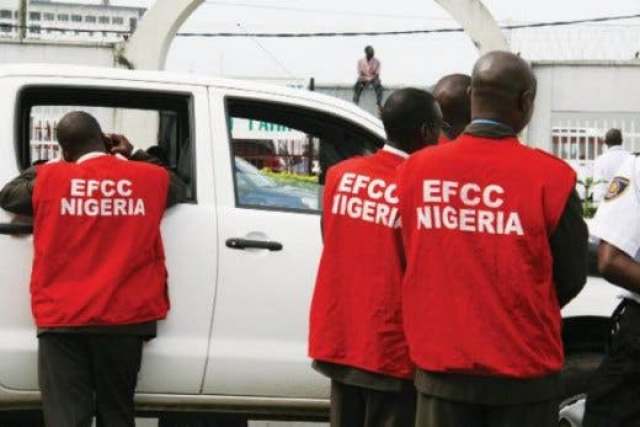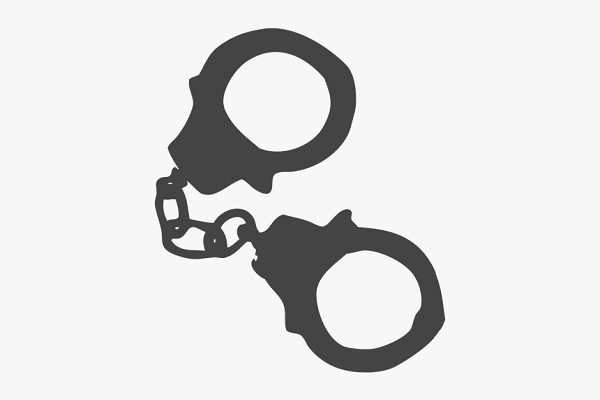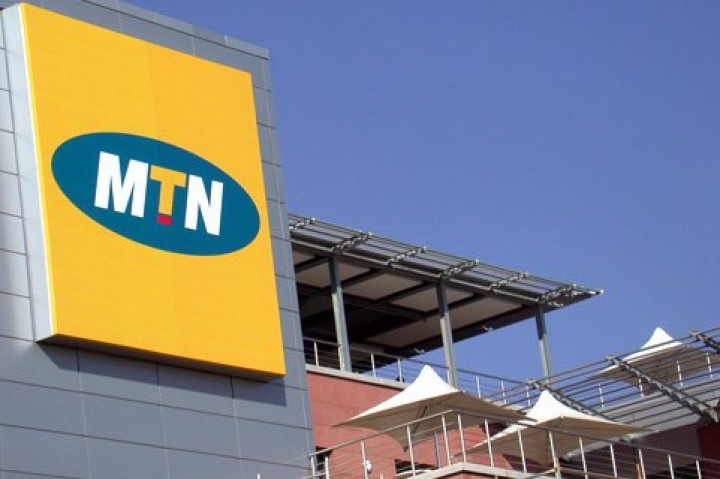THE Economic and Financial Crimes Commission (EFCC) has urged the Court of Appeal in Lagos to set aside a purported pardon granted an Indian businessman, Ashok Israni, and two Keystone Bank officials, Anayo Nwosu and Olajide Oshodi.
Justice Kudirat Jose of the Lagos State High Court in Igbosere had, last December, jailed Israni, Nwosu and Oshodi for five years on an amended 15-count charge bordering on conspiracy and obtaining by false pretence the sum of N855 million.
Justice Jose had also convicted NULEC Industries Limited, belonging to Israni, and Keystone Bank Limited, ordering them to pay N20 million to the Federal Government as restitution for the N395 million to the fraud victim.
Four months after their conviction, the convicts were released from custody by officials of the Kirikiri Correctional Centre, allegedly on the directive of the Lagos State government, despite the pendency of their separate appeals before the Court of Appeal.
The EFCC, in the application by its counsel, Rotimi Jacobs (SAN), insisted that in the eye of the law, pardon cannot be granted to convicts whose rights of appeal had not been exhausted.
The anti-graft agency is also praying the appellate court to declare the purported pardon illegal, since the appellants’ appeals had been filed and entered since February 13, 2020, but could not be heard due to the outbreak of COVID-19 pandemic.
The EFCC also maintained that it had prepared its respondent’s brief of argument, but was unable to file it because the pandemic paralysed judicial activities.
It alleged that the Correctional Services authority only sent a letter confirming the appellants’ release but had not provided a copy of the instrument of pardon.
The EFCC also claimed that immediately Nwosu was released, he allegedly made so many publications on social media platforms to the effect that he was wrongly convicted, jailed and maltreated by the whims and caprices of the nominal complainant.
The appellants, in their separate appeals, argued that the Lagos State High Court lacks the jurisdiction to entertain the charge filed against them because it borders on the purchase of shares by an investor.
They also argued that Section 251 (1) (e) of the 1999 Constitution gives the Federal High Court exclusive jurisdiction on matters arising from the operation of companies pursuant to the Companies and Allied Matters Act.
The EFCC had alleged that the appellants fraudulently converted N855 million, being the property of Dozzy Oil and Gas Limited, to their use between 14 July and 31, 2008, in Lagos.







